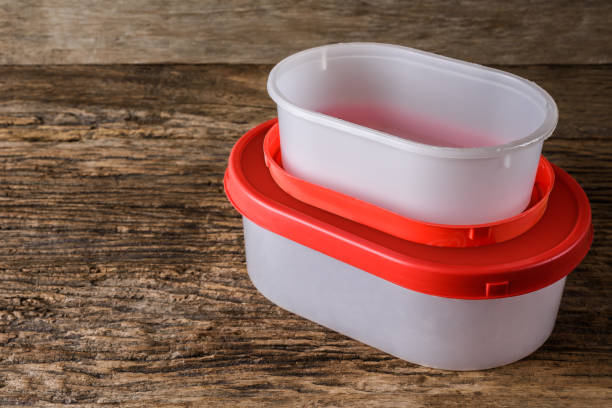Tupperware has earned its reputation as a go-to brand for reliable food storage. Its containers are durable, easy to use, and available in a wide variety of shapes and sizes. But one question many users still ask is, is Tupperware smell proof? The short answer is: yes, to a degree. Tupperware containers are designed to resist odour retention, but several factors influence just how smell-proof they are in everyday use.

What Makes a Container Smell Proof?
Before we dive into Tupperware specifically, it helps to understand what “smell proof” really means in practical terms. A smell-proof container prevents strong food odours from escaping and also resists absorbing those odours over time.
Key Elements of a Smell-Proof Container:
- Airtight Seals: Containers with tightly sealed lids prevent smells from escaping.
- High-Quality Materials: Non-porous plastics help avoid odour absorption.
- Proper Usage: Regular cleaning and correct food storage extend the container’s freshness performance.
Tupperware checks most of these boxes, making it a strong option for odour-sensitive food storage.
Is Tupperware Smell Proof by Design?
So, is Tupperware smell proof as part of its intended function? The answer is largely yes—modern Tupperware containers are designed to be odour-resistant and to lock in freshness. Thanks to advanced sealing mechanisms and BPA-free materials, many of its containers do a great job of containing smells.
Why Tupperware Performs Well:
- Seal Technology: Tupperware lids use snug-fitting seals that trap air and moisture, reducing odour escape.
- Material Quality: Tupperware uses food-grade plastic that resists staining and odour retention better than generic containers.
- Product Variety: Some collections, like the Modular Mates and FridgeSmart series, are particularly effective at odour control.
However, like any plastic container, Tupperware is not entirely immune to strong food smells, especially with repeated use or exposure to very pungent ingredients.
Factors That Affect Odour Retention in Containers
Even with excellent design, certain habits and food types can lead to lingering smells in containers. If you’re wondering is Tupperware smell proof and notice odours in your own, consider these factors:
- Strong-Smelling Foods: Garlic, sambal, curry, and onions tend to leave more noticeable smells.
- Reheating Food: Microwaving food in the same container can amplify smell retention.
- Length of Storage: Leaving food in the container for extended periods increases the likelihood of odour build-up.
- Container Age: Older containers may become more porous or scratched, making them more prone to trapping smells.
Being mindful of how and when you use your containers can reduce long-term odour issues.
Tips to Keep Your Tupperware Smell-Free
If your Tupperware has absorbed some strong scents, don’t worry. There are easy ways to manage and prevent odours. Use the tips below to extend the life and performance of your containers.
Smell-Prevention Tips:
- Clean Promptly: Wash containers immediately after use to prevent smells from setting in.
- Use Natural Deodorisers: Soak with baking soda, white vinegar, or lemon juice to neutralise odours.
- Air Dry Thoroughly: Ensure containers are completely dry before storing with the lid on.
- Use Purpose-Specific Containers: Dedicate certain containers for pungent foods to avoid cross-contamination of smells.
- Avoid Overheating in the Microwave: Always vent lids and use lower power settings when reheating.
With regular care and cleaning, Tupperware continues to perform well and maintain its resistance to odour retention.
Conclusion
So, is Tupperware smell proof? While no plastic container is 100% immune to odours, Tupperware comes very close when used correctly. Thanks to airtight seals, high-quality materials, and thoughtful product design, it effectively prevents most food smells from escaping or lingering. For best results, clean containers promptly, avoid long-term storage of pungent foods, and refresh containers as needed with natural cleaning agents. Tupperware remains a smart, durable choice for everyday food storage—especially when freshness and odour control matter most.
